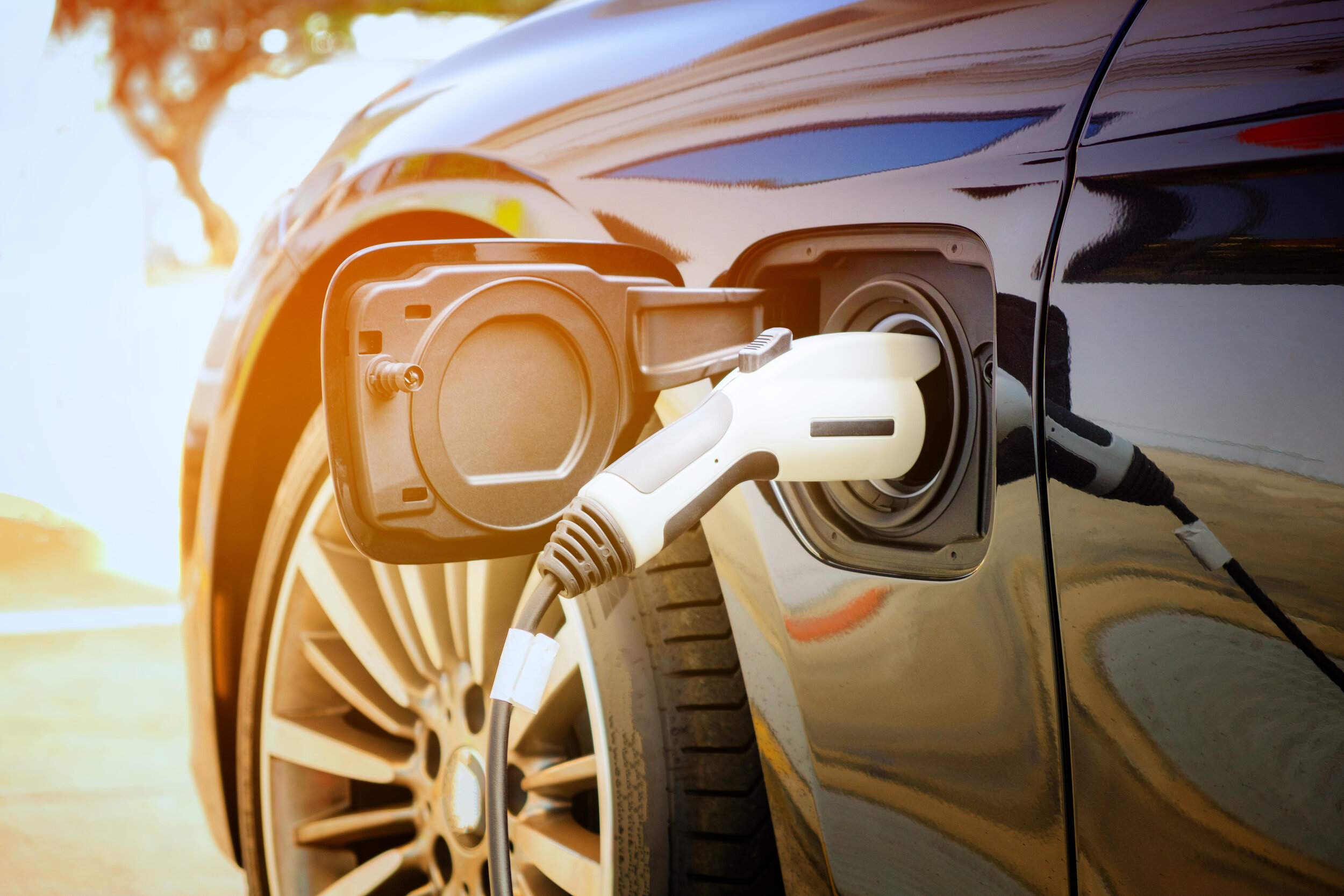Beyond Tesla: Why Your Business Needs Charging Stations Compatible with All Types of EVs
In a few short years, Tesla has become one of the most innovative and disruptive brands in the world. Starting with the very first model, Tesla reintroduced the idea of electric vehicles to Americans wary of giving up on gas, and reimagined the way EVs can be: sleek, sexy, powerful, and adaptable enough to stay on the cutting edge of technology. Once it made EVs cool, Tesla went to work creating a new type of EV charging station that could remove the main problem with all EVs — the range.
But in doing so, Tesla has established yet another equipment standard for an industry that is working at breakneck speed to prepare this country for a future where gas is a thing of the past. Instead of ensuring that all electric cars can use Tesla charging stations, the company has so far resisted the idea of open network equipment in favor of serving only Tesla drivers.
But there are dozens of EV models available today and hundreds more from every major automaker set to hit the roads over the next decade. These vehicles require EV charging stations with different power ratings and specific plugs and adaptors to refuel, which can make something as simple as parking a multiple-choice quiz for overwhelmed drivers. To keep up with the breakneck pace, business owners need to be familiar with the different types of EV charging stations, know how they differ, and decide which kind to install on their commercial or residential property. Ultimately, it comes down to a simple choice: serve only one kind of customer, or accommodate anyone who needs a quick charge.
By the Numbers
The exploding demand for EVs has ignited a nationwide race to create the necessary infrastructure to support this astronomical growth. The bigger car brands will drive the next stage of EV evolution. For example, GM plans to offer 20 different EV models in just three short years and expects to sell one million EVs per year by the middle of this decade. And that’s just GM — nearly every major automaker has similar goals, which means the demand for charging stations will continue to surge.
The electric cars of the future also include BMW’s i4, iNext, and iX3 as well as Chevrolet’s electric pickup truck and Ford’s all electric F-150. The Mustang Mach-E is already generating excitement. Meanwhile, GMC is working on the electric Hummer that will be available in SUV and truck models. That’s only the tip of the iceberg. Jaguar, Mazda, Mercedes, Porsche, Nissan and many more are actively developing electric vehicles.
While there are many different types of EV charging stations to support electric cars already, as car makers improve their vehicle technology and roll out more advanced models each year, savvy property owners will need to invest in infrastructure that can adapt to whatever the future holds.
The Open Network Advantage
With a relatively small selection of EVs today, much EV charging infrastructure is based on “closed network” stations, meaning both the hardware and software are restricted by the manufacturer to only support one kind of charging and a handful of vehicles. EV Connect is an industry leader in helping connect businesses with an open charging network, which allows both drivers and EV station owners more freedom and versatility.
EV Connect software works with multiple types of EV charging stations to empower businesses to choose the best hardware for their customers’ needs, and have greater control over how their stations are used and maintained. With more than 1.4 million EVs on the roads in the U.S. today, open charging networks can serve more drivers.
Racing Toward 2030
With states like California banning the sale of gas-powered vehicles by 2030, established car brands have invested billions of dollars into research and development of their own EVs. With more than 100 new models set to debut by 2024 and hundreds more on the way by the end of the decade, analysts predict that global sales of EVs will surpass 30 million per year by the year 2030. The old guard of automakers have reinforcements on the way.
Businesses looking to install EV charging stations need to think long-term. If your infrastructure is solely focused on the most popular and widespread EVs on the market today, you are at the mercy of market forces and private companies with goals and strategies that may not overlap with yours. Business flexibility will be the key to success, making it critical to choose equipment and management software that will carry your customers for years to come.
EV Connect experts will help your business take advantage of numerous tax rebates and incentives that can defray your initial investment costs, so that owners can offer their customers free charging — an industry standard at the moment—and use EV Connect’s innovative and adaptive software to transition EV charging stations to paid EV refueling in the future.
Our software also empowers owners to manage their energy load and monitor sustainability metrics for long-term savings that will make your investment even smarter. We can help steer you toward the type of EV charging station that best aligns with your company’s needs, and ensure that your charging stations can accommodate both current EV drivers and the tens of millions who will join them on the roads over the next decade.
Investing in EV infrastructure is about more than jumping on the latest driving trend or the hottest brand — it’s about finding a solution for the present that is scalable for the future. Contact EV Connect today for the technical and customer support your business needs to maximize your return on your investment and keep up the pace for the road ahead.
References:

